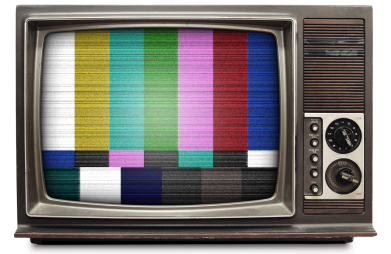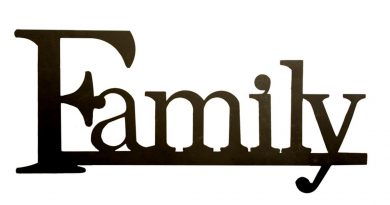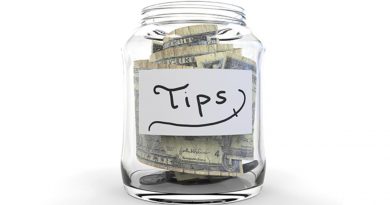Are all the TV disclaimers necessary?
Are disclaimers catering to snowflakes? Let me give you some context so that question makes sense.
Much is made about “cancel culture” and how a person’s previous words or actions can have them, well, “cancelled.” Usually it happens around sexual harassment/assault or racism. That’s generally what destroys a high-profile life nowadays.
In recent years, TV and movie production houses have slapped a disclaimer about past works to pacify sensitive viewers that what they see might offend them. Again, likely related to race or gender or anything that would get the masses up in arms and calling for a boycott.
Rather than changing or editing history, the so-called offending content remains in place while drawing attention to it and essentially prompting the viewer to examine the work they’re about to watch.
Before episodes of Three’s Company on CMT (I’ve never understood why ’70s sitcoms air on the country music channel) there is a viewer advisory that the program might not be suitable for all viewers. Yes, Three’s Company. You’ve seen the show, right? This is a show that wasn’t allowed to use the word “toilet” in the script. Really. That was a forbidden TV word back then.
Match Game 73, where “boobs” is the most common answer from the celebrity panel, has this disclaimer: “The following presentation is a product of its time. It depicts prejudices that were wrong then and remain unacceptable today. GameTV does not condone discrimination of any kind. Rather than ignoring past discriminatory practices, exhibiting work like this allows viewers to engage in thought or discussion that educates and promotes the importance of social justice and inclusivity.”
Certain episodes of Seinfeld on CTV run a similar warning when there are references to the handicapped — or differently abled, as we’re now supposed to say.
For Will & Grace episodes on Makeful censor the word “fag” when the gay characters call each other names, however when they refer to a lesbian as “dyke” that is uncensored.
Today, there is plenty of sex, drugs and nudity on HBO’s Euphoria that isn’t viewed as wildly controversial, yet going back 40 years and suggesting squeaky-clean Three’s Company is a threat to society, I mean, come on. Three’s Company. Really. Three’s Company.
The assumption could be made that viewers watching a show from the ’70s, where the home furnishings and characters are clearly dated, understand and accept that references would vary than what is considered acceptable today.
Hell, I remember a reader emailing the newspaper and crusading for my firing over the use of the word “hell” some years back. I laughed and thought, “He better not poke his head over the newspaper and look around the world. He’s in for a shock.”
If society continues on this path where everything not considered mainstream is offensive and radically out of line, I hate to see where we’ll end up in years to come.



